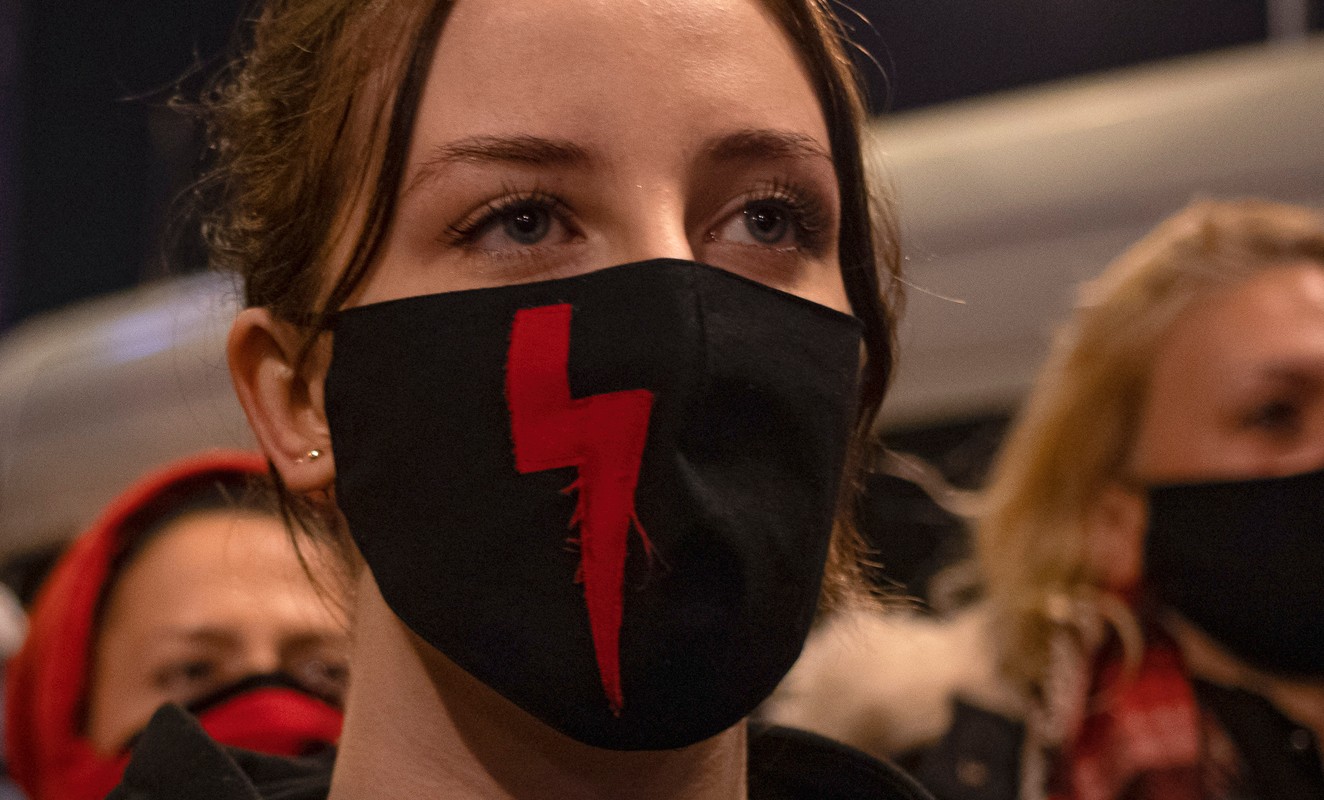One year ago, a quasi-revolution broke out in Polish streets following the Polish Constitutional Tribunal’s verdict that eugenic abortion is incompatible with the Polish constitution. Today, it is clear how much of a fragile and barren the pro-abortion movement was despite, at the time, appearing to be a huge avalanche that would destroy the government.
The protests’ dynamic went hand in hand with concrete proposals.
When tens of thousands of people in all of Poland participated in aggression and boorishness, the Women’s Strike leadership had given the government an ultimatum concerning political issues. When Left and Civic Platform MPs joined the attacks against the Polish police, the Consultation Council was also founded. It was meant to work out a program for the protesters’ 14 points – from abortion to LGBT rights to vegetarian mandates for Poles.
All the while, the world showed spectacular photos of angry mobs, and in parliament many spoke of the collapse of the United Right government.
This was the largest anti-PiS-government uprising in Poland. All that is left of it a year later is an amusing extremity, and a few symbols and the “f*ck PiS” slogan. The Consultation Council is merely a group of leftist activists who cannot propose anything sensible. Women’s Strike leader Marta Lempart can only inspire a handful of LGBT activists to protest in front of Law and Justice’s headquarters, and the opposition has absorbed itself in conflicts and pro-EU tributes.
What does the pathetic fruit of the Women’s Strike tell us?
First of all, that the official goals of the protests were only a cover — they did not actually concern women’s rights, tolerance for the LGBT community, workers’ rights, or respect for other person. The mob was meant to be an assault group and cannon fodder used to strike against the government. This seems obvious, but another lesson can also be gleaned.
Secondly, the liberal-left opposition has a really weak staff. Its years-long advantage in modern Poland and now powerful positions in the public sphere stems from drip-fed Western support, and bonuses and steroids from operators of media influence. The elites which supported the Women’s Strike with all their power were revealed to be weak, incompetent and intellectually barren.
Thirdly, the Polish right must learn to be patient. There should be no panic or repentance for the decisiveness of state oppositions. No cowardness should take place. Those leaders of the anti-PiS movement power themselves with emotions fueled by lies and manipulation, and this fuel is very short-lived. The same will be true for the “children freezing on the border” and the environmental, LGBT and other hysterias. The virtues of valor and courage will prevail while the “internally warring kingdom of the left cannot stand.”
New revolutions will definitely break out in the future. What their pretext will be, however, is hard to say. All that is known is that no matter the flimsy nobility of their slogans, a pathetic vulgarity will be all that will remain.





